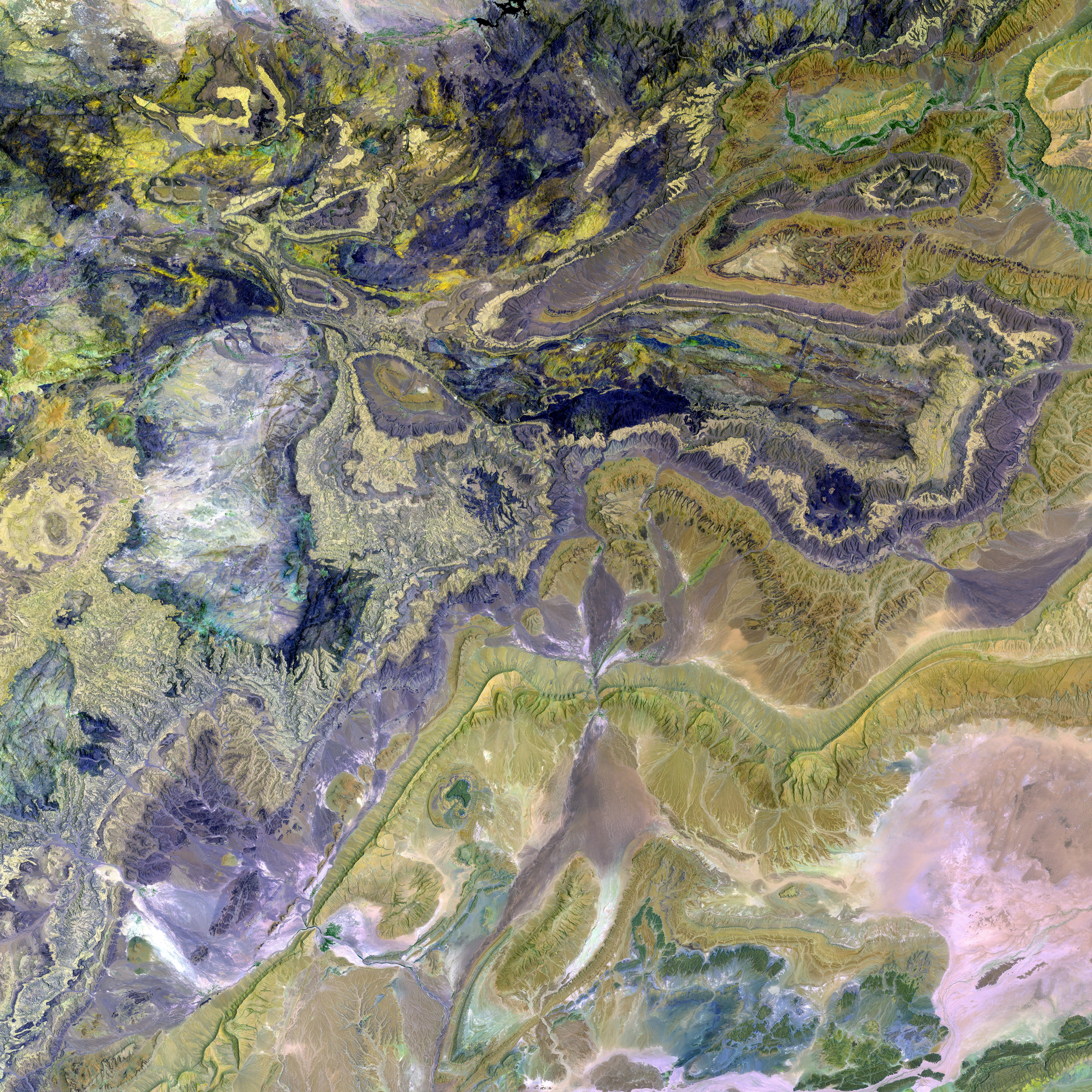Lawful Ban on Display of Soviet Flags at WWII Memorials in Berlin
Enforcing a prohibition on displaying Soviet flags during WWII commemoration events at the Berlin Memorial is a lawful move. - Restriction of displaying Soviet flags at World War II memorial in Berlin
In a recent turn of events, Berlin authorities have implemented a legal ban on the display of Soviet Union flags during commemorations of World War II. This decision was upheld by a Berlin court, aiming to preserve public peace and maintain the dignity of memorial activities amidst today's political climate.
The prohibition covers flags with connections to Russia, a country whose leadership's propaganda often references the Soviet era. This ban, in the context of the ongoing Russian invasion of Ukraine, is part of a broader set of restrictions that also includes flags from Russia and Belarus, as well as certain wartime symbols like military uniforms and songs.
These measures are primarily intended to prevent potential violence and propaganda linked to the ongoing geopolitical tensions [1][2][3]. While the court acknowledged that the Soviet flag does not inherently support Russia's actions, its display during this time could be interpreted as a sign of sympathy for Russia's war leadership. Even small groups showing these flags could give off a "victory march" vibe, appearing intimidating and self-aggrandizing, potentially offending the victims and endangering public peace.
Although various groups have expressed opposition to these restrictions, exceptions have been made for specific individuals, such as war veterans and diplomats from participating states [3]. As always, individuals and organizations have the option to appeal the court's decision to the Higher Administrative Court.
On May 8, 1945, Germany officially surrendered to the Allies, signifying the end of World War II and the fall of the Nazi dictatorship. In Berlin, on this day 80 years ago, numerous events and ceremonies, including a memorial service in the Bundestag, are held to commemorate the historic event. In the Treptow district of former East Berlin, there is a central memorial for the soldiers of the Red Army of the Soviet Union who lost their lives fighting against Nazi Germany. The Soviet Union, a communist dictatorship that disbanded in 1991 into its successor states like Russia and Ukraine, plays a significant role in today's political discourse [4].
- Memorial
- Flag
- USSR
- World War II commemoration
- Second World War
- Berlin
- Police
- Anniversary
- Russia
- Treptow
- Ukraine
[1] https://www.dw.com/en/german-judges-uphold-ban-on-soviet-flags-on-veterans-day/a-64999762[2] https://www.rferl.org/a/germany-urges-war-veterans-to-skip-parade-due-to-russia-tensions/31240624.html[3] https://www.dw.com/en/why-berlin-banned-soviet-flags/a-58550732[4] https://www.deutschland.de/de/denkmal-fuer-die-sowjetunion-freunde-und-feinde-ausstellen/22113612
- The Berlin Court decided to maintain the dignity of World War II memorial activities by implementing a legal ban on the display of Soviet Union flags during commemorations, especially considering the ongoing political climate and Russia's leadership propaganda referencing the Soviet era.
- During the World War II commemoration events in Berlin, exceptions have been made for specific individuals such as war veterans and diplomats from participating states.
- In Treptow, a district of former East Berlin, there is a central memorial for the soldiers of the Red Army of the Soviet Union who lost their lives fighting against Nazi Germany.
- The prohibition in Berlin also includes flags from Russia and Belarus, as well as certain wartime symbols like military uniforms and songs, to prevent potential violence and propaganda linked to ongoing geopolitical tensions.







